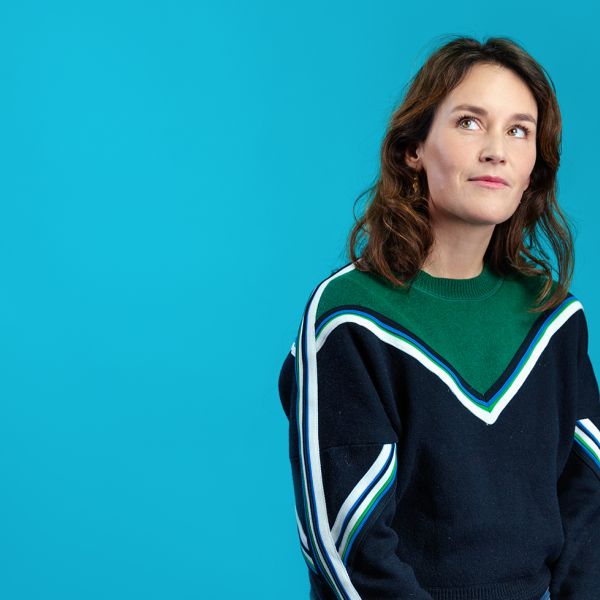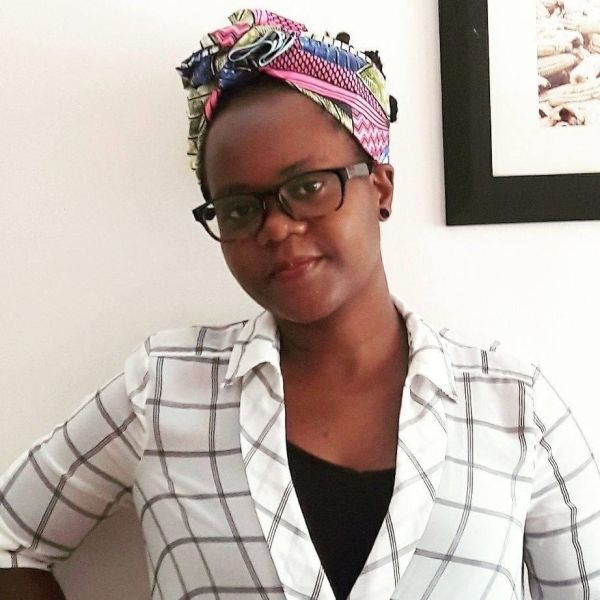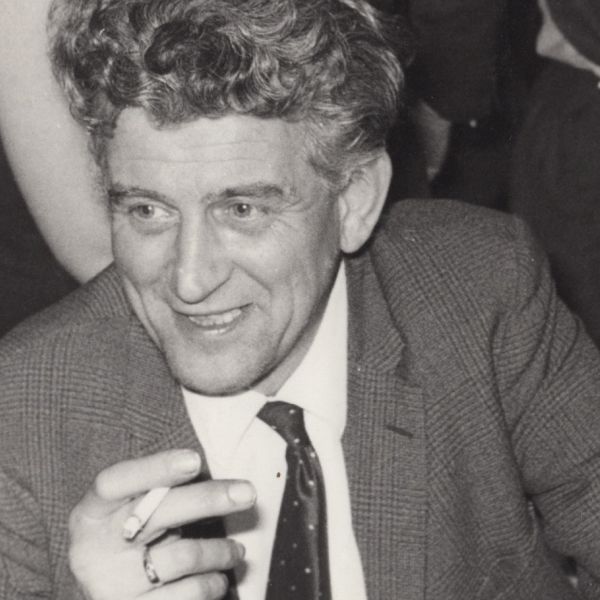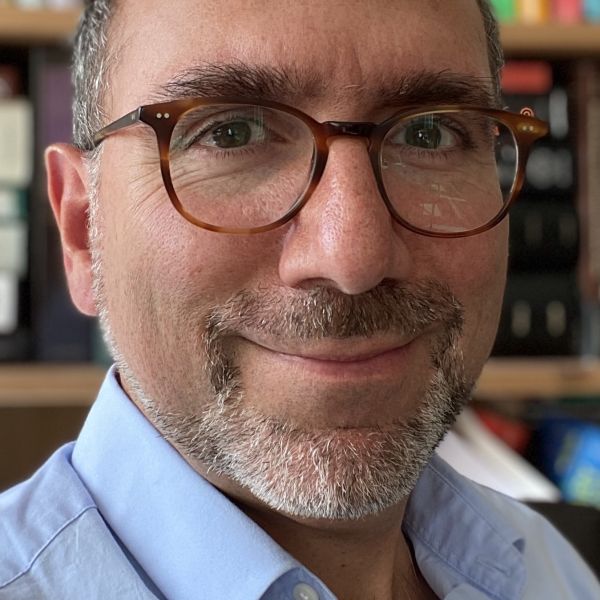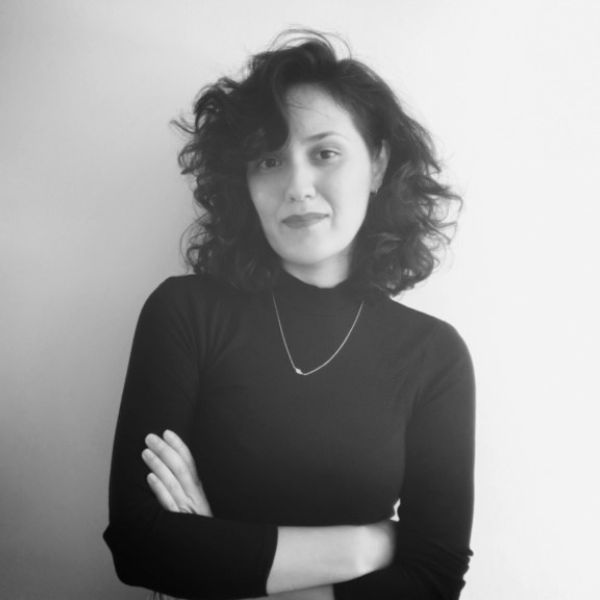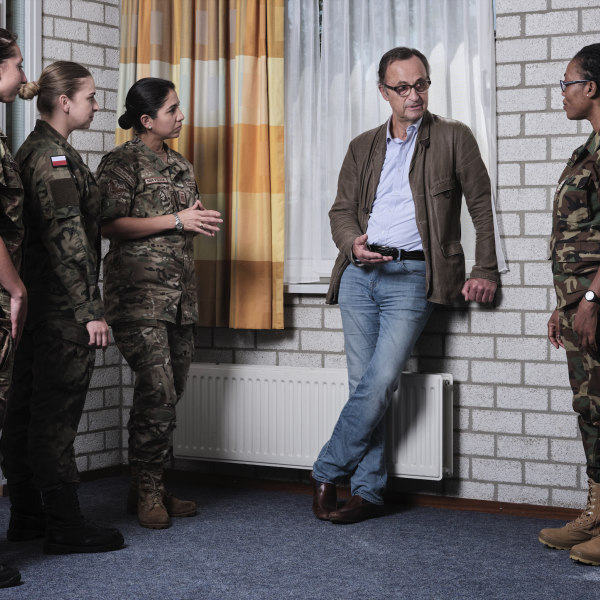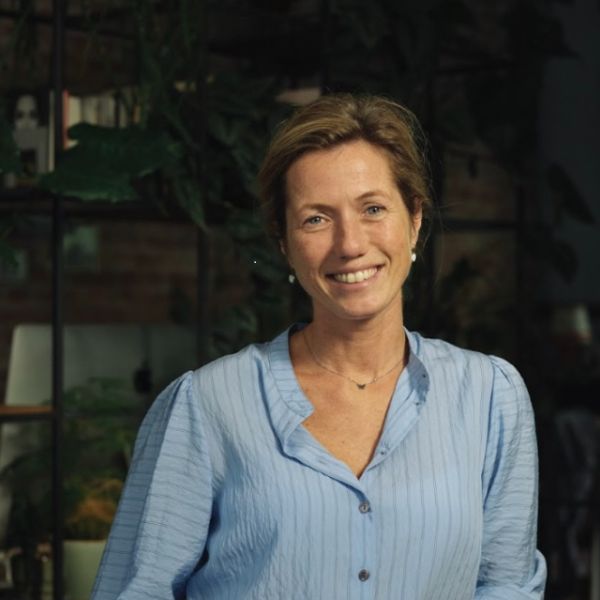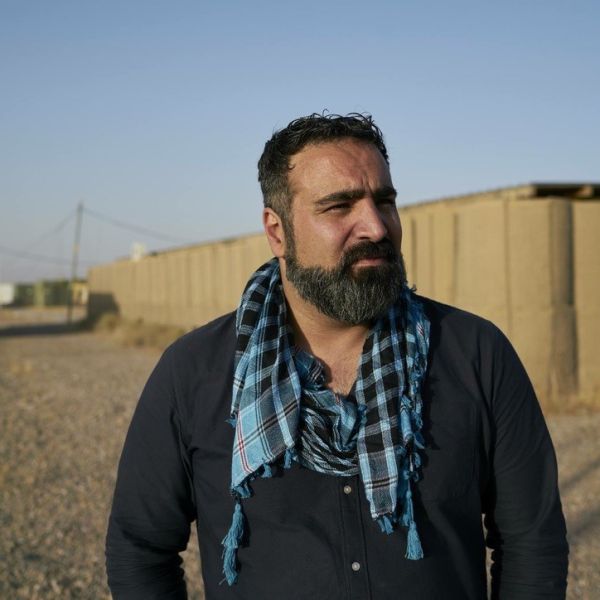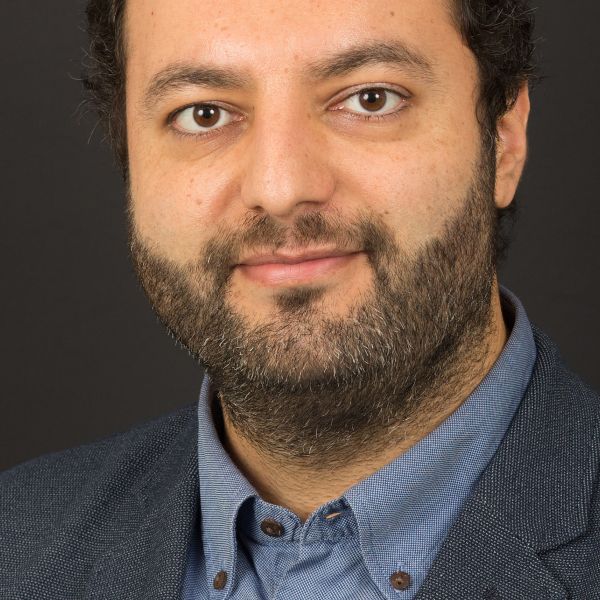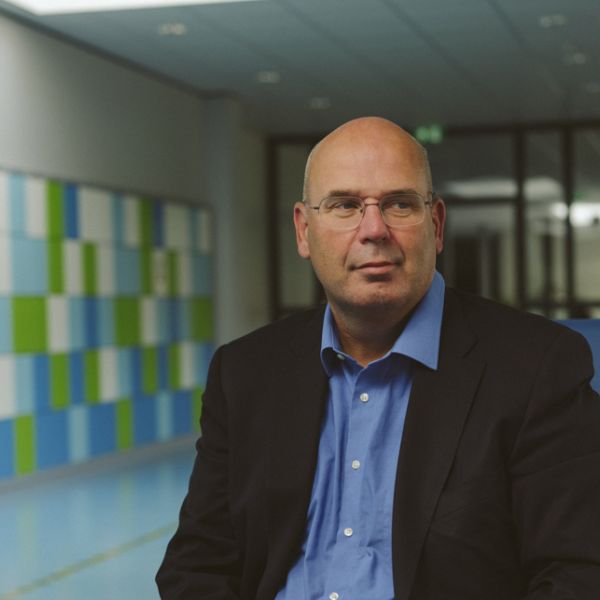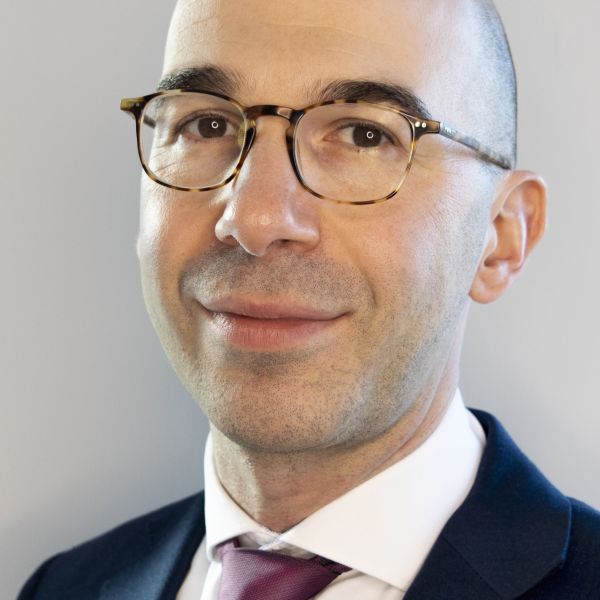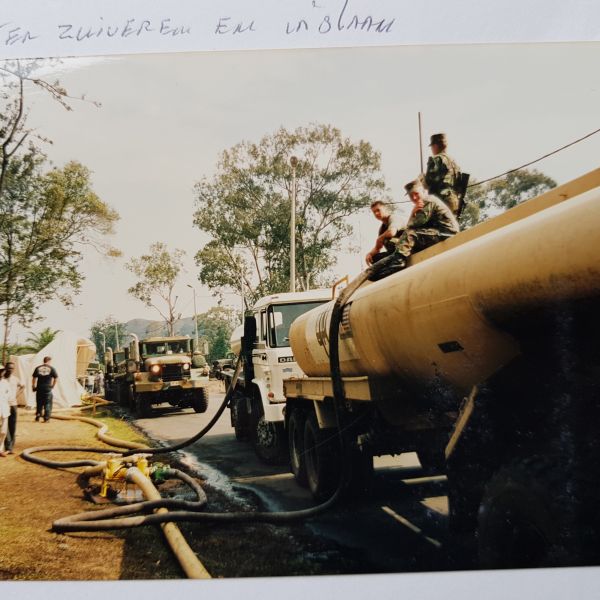75 years of UN in 75 stories: Leila Prnjavorac
In 1993, Leila Prnjavorac (1982) was driven from her homeland of Bosnia, fleeing the Bosnian-Serbian Army and ultimately landing in the Netherlands. She is a Hague Freedom Ambassador for 75 years of liberation. Her great inspiration is her mother.
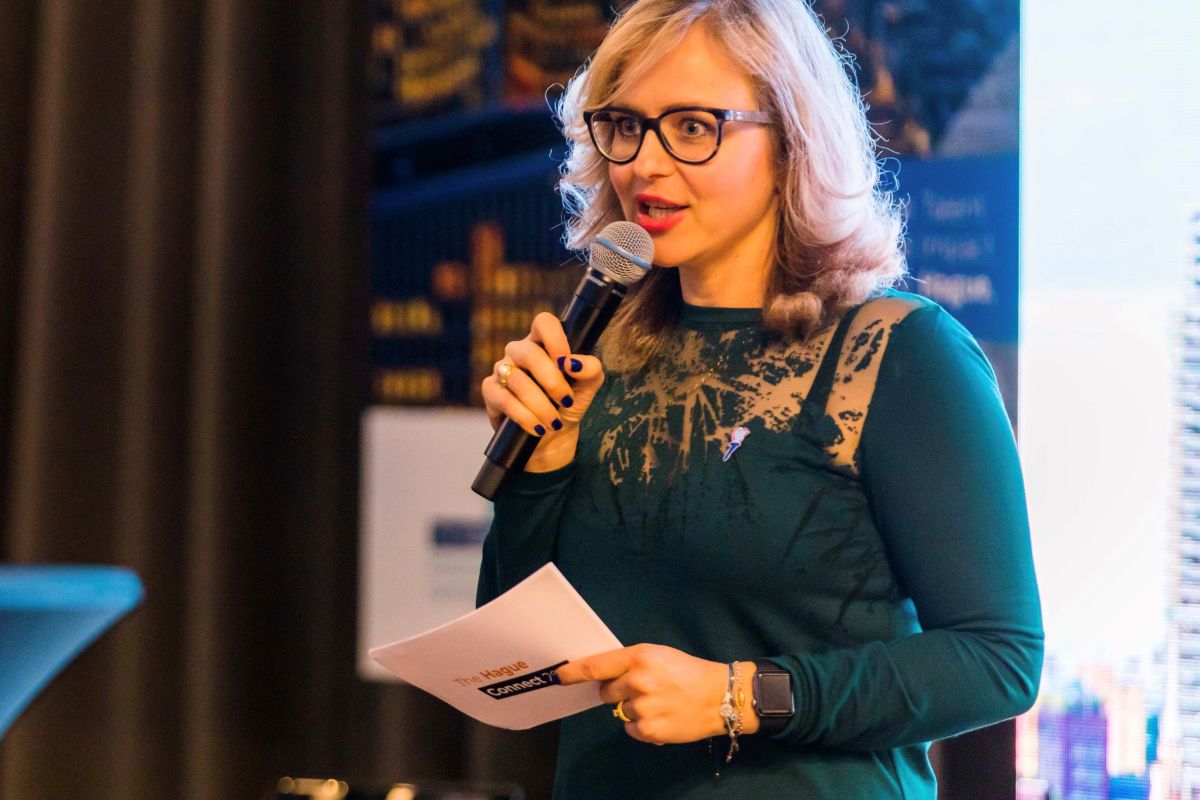
After the death of communist strongman Tito in 1980, the power vacuum left behind in Yugoslavia allowed different leaders and an ethnic-nationalistic political landscape to emerge. By the 1990s, the polarisation led to violence and a civil war between the various population groups. The new political agenda was defined by forced relocations, persecution and murder, as nationalist leaders fought for independence and expansion of their territories.
In early 1992, Serbian forces entered Bosnia-Herzegovina, the area around the Yugoslav capital city of Sarajevo. In the ensuing fighting, it was primarily the Bosnian Muslims who became the victims of systemic violence and even genocide.
During the civil war in the former Yugoslavia and the Serbian occupation of Bosnia, the UN Security Council set up the UNPROFOR peacekeeping force at the beginning of 1992. The UN designated a number of areas as safe zones for the civilian population and refugees. One of these was the enclave around Srebrenica. In 1995, the Dutch military unit Dutchbat, assigned to protect the enclave, failed to prevent a genocide of the over 8000 Bosnians in Srebrenica.
In 2017, Bosnian-Serbian military leader Ratko Mladić was found guilty by the Yugoslavia Tribunal of genocide and crimes against humanity, and sentenced to life in prison for the crimes that he committed in Bosnia and Herzegovina. Between 1993 and 2017 the UN tribunal convicted over 160 war criminals on all sides of the conflict.
“I learned how important it is to stand up for others”
“I was nine years old when the Serbs took my city of Doboj. From one day to the next, our neighbours and good friends became our enemies. After a few weeks of bombardments, we were able to leave our basement shelter for the first time. My mother was stylishly dressed as always, in nice trousers and wearing a pearl necklace. When I saw her walking with a wheelbarrow, I had to laugh; it just didn’t fit. ‘Just wait,’ she said. Together with my cousin, she went and got supplies from my uncle and aunt’s patisserie; they had fled and left her the key. Through the whole war, we never went hungry and neither did our community. My mother brought food around to the families who needed it.
That went on for one and a half years, until our city was ‘cleansed’; all Bosnians had to go. We got out with the last convoy. We weren’t allowed to take any photos, but I hid a stack of family photos and one baby picture of me in my backpack. In the schoolyard we were searched, but they didn’t find my photo. When we arrived in Belgrade, it was a different world. People were just walking around, sitting at cafés. I didn’t know what I was seeing. A Serbian, Nicola, my father’s best friend, took us in and we went into hiding. It was like being in the lion’s den; I couldn’t say my own name in public.
My mother showed me how important it is to stand up and help others, exactly the same thing that the UN stands for”
These Serbians helped us during the war, and that taught me to always look at people and not at groups. My mother showed me how important it is to stand up and help others, exactly the same thing that the UN stands for. Sharing is how you survive. You also have to learn to accept help at the moment that you need it.”
Er is slechts één plek op aarde waar bijna alle landen van de wereld met elkaar aan tafel zitten: de Verenigde Naties. De VN richt zich op kwesties die de grenzen van landen overstijgen of zelfs de hele wereld aangaan, zoals vrede en veiligheid, klimaatverandering, onderwijs, gezondheid, cultureel erfgoed, economische ontwikkeling, en meer. Voor velen lijkt het werk van de VN erg abstract, maar door in gesprek te gaan met reddingswerkers, vredeshandhavers, hulpverleners, diplomaten, ooggetuigen, soldaten, en anderen die betrokken zijn bij de VN, wordt duidelijk hoe belangrijk het werk van deze organisatie is. Dit is precies wat het Humanity House heeft gedaan. Helaas heeft deze organisatie zijn deuren moeten sluiten, maar Just Peace en Museon-Omniversum hebben de handen ineengeslagen om hun verhalen te bewaren. Je kunt deze verhalen nu vinden op de website van Just Peace, en een deel ervan is ook opgenomen in een tentoonstelling over de VN in Museon-Omniversum.
The 75 Years of UN Stories were collected and curated by Frederiek Biemans for Humanity House.
